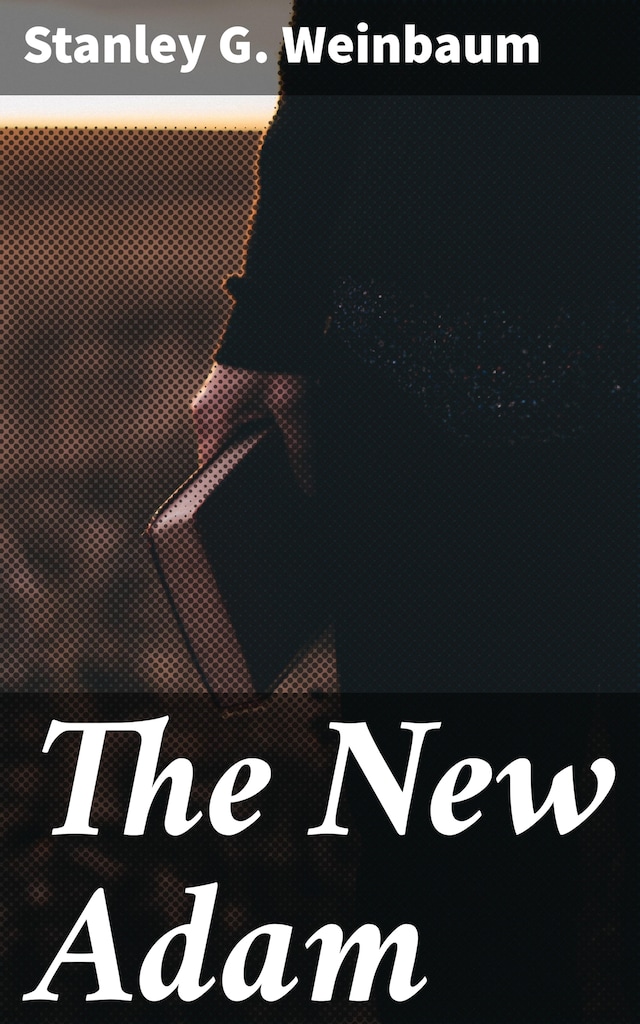
The New Adam
Exploring Genetic Engineering and Artificial Life in a Futuristic World
Description of book
Stanley G. Weinbaum's 'The New Adam' is a groundbreaking science fiction novel that delves into the concept of genetic engineering and the creation of artificial life forms. Set in a futuristic world where scientific advancements have blurred the lines between man and machine, Weinbaum's narrative follows the journey of Dr. Eric John behind the creation of 'Adam,' a humanoid being designed to possess a perfect blend of human intelligence and robotic efficiency. Through vivid descriptions and thought-provoking dialogues, Weinbaum paints a thought-provoking picture of a society grappling with the ethical implications of playing god and manipulating the building blocks of life. The novel's blend of speculative science and moral dilemmas make it a standout work in the realm of early science fiction literature. Stanley G. Weinbaum, known for his innovative approach to the genre of science fiction, was a visionary writer ahead of his time. His background in science and engineering provides a solid foundation for the complex themes explored in 'The New Adam,' showcasing his deep understanding of cutting-edge scientific principles and their potential impact on society. Weinbaum's unique perspective and imaginative storytelling make 'The New Adam' a must-read for fans of classic science fiction and anyone interested in exploring the implications of emerging technologies. I highly recommend 'The New Adam' to readers who enjoy thought-provoking science fiction that pushes the boundaries of imagination and challenges societal norms. Weinbaum's pioneering work continues to captivate audiences with its timeless themes and engaging narrative, making it a classic in the genre of science fiction literature.
 Stanley G. Weinbaum
Stanley G. Weinbaum 183 Pages
183 Pages